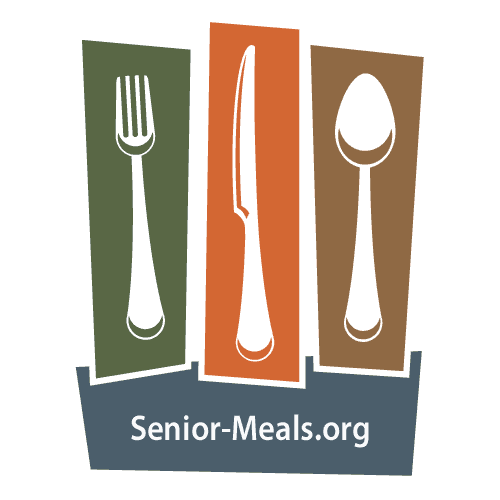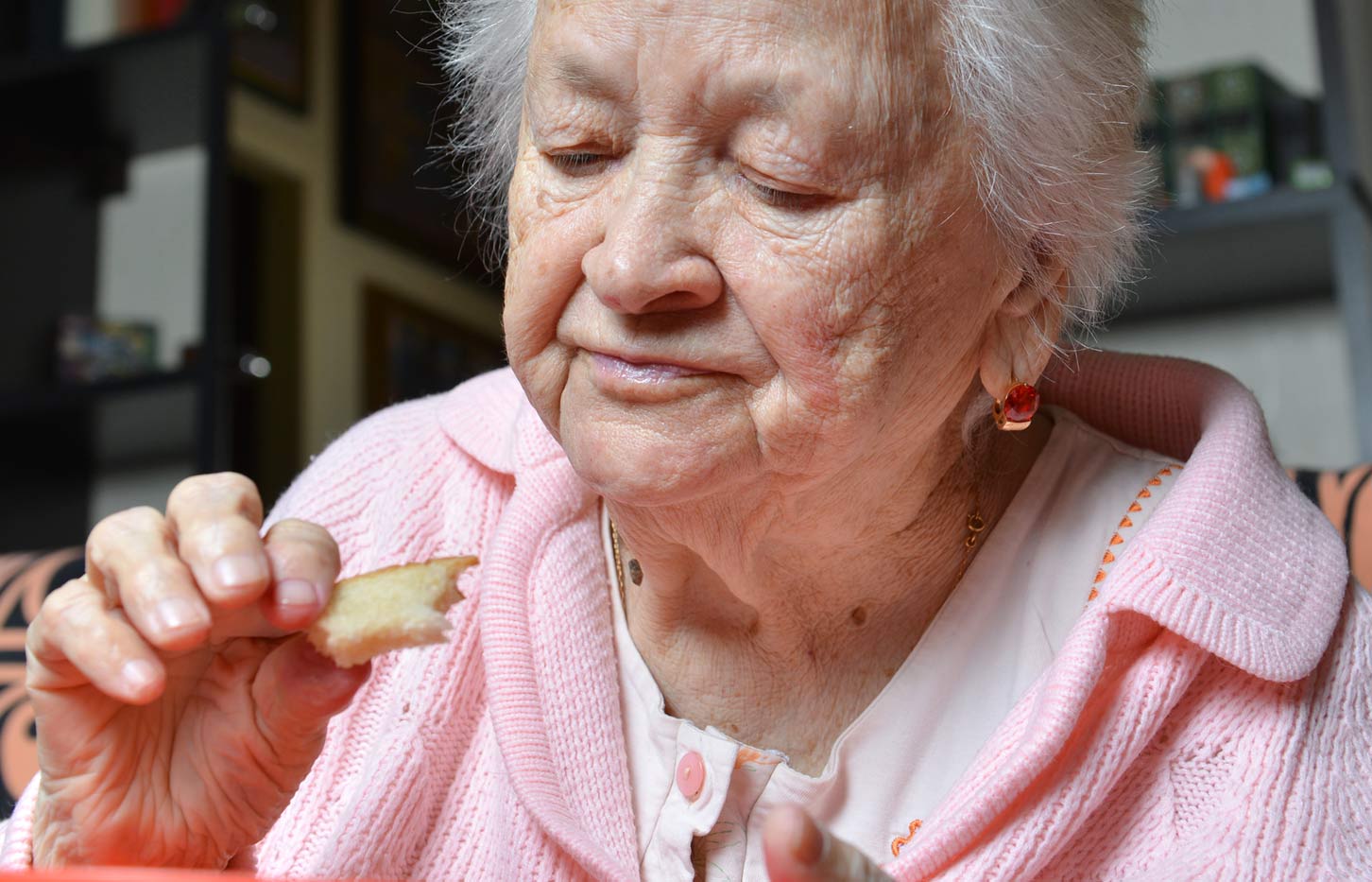Senior Food Assistance Programs for Seniors and the Elderly
Government Food Programs for the Elderly
Nutrition is important at all stages of life for our health and our well being. Good nutrition for seniors in particular is also a major factor contributing to quality of life and it can delay the onset of many nutrition-related conditions that the elderly are susceptible to. Our aging population is growing and seniors and their family caretakers sometimes struggle to meet this very basic need.
An unbelievable 1 out of every 6 seniors face the threat of hunger today and this is mainly attributed to the fact that they are unaware of the many great senior food assistance programs available to them. For some seniors it can be difficult not only to afford quality food on their limited income, but decreased mobility also makes it difficult to go out and do needed grocery shopping.
In order to ensure that the elderly receive adequate and proper nutrition there a number of great government as well as private food assistance programs now available. They provide financial assistance for seniors in need as well as food delivery for the homebound.
The Elderly Nutrition Program
The Administration on Aging (AoA) established the Elderly Nutrition Program in order to provide grants and support to state and county as well as smaller community programs and organizations across the country. The Elderly Nutrition Program is essentially a federal umbrella program that governs and assists the actual senior food assistance programs in other areas.
Furthermore, the Elderly Nutrition Programs provides additional services and many great resources related to senior nutrition. Some of these services include nutrition screenings and special health assessments for nutrition-related conditions such as hypertension and diabetes. This makes it a very valuable resource for seniors and also family caretakers striving to provide for their elderly relatives. It is a great way to find other local assistance organizations too.
The Elderly Nutrition Program works mainly to provide funding for home-delivered meal services and also congregate meals that are given out through senior centers, faith-based centers and area schools. It also outlines a number of important guidelines that must be met by these smaller programs in order to receive this government support.
It dictates, for example, that the meals and food provided must meet at least 1/3 of the daily recommended dietary allowance and meet certain standards. Eligibility requirements for seniors that wish to participate in other government-run assistance programs have also been outlined and established by the Elderly Nutrition Program and the AoA.
Meals on Wheels
Meals on Wheels
is the oldest, largest and most well known food assistance organization with over 5,000 programs up and running in the United States. They provide well over 1 million meals per day that are either congregate or delivered directly to homebound individuals. In some cases they provide both services.
Local Meals on Wheels branches are largely run by volunteers and sometimes they are overseen by the county or by the city and cost varies from location to location. Home-delivered meals are frozen and simple to prepare in either the microwave or conventional oven. Special dietary needs are considered as well for those that take part in the program.
Medicaid Food Programs
Medicaid
is a health care assistance program run by each state. Requirements and benefits vary from state to state and low-income seniors can take advantage of Medicaid for a wide range of services. Medicaid largely serves to pay for medical costs and physician visits, similar to Medicare, which is a low-cost insurance program. If a senior qualifies for Medicaid they are also likely eligible for Food Stamps/SNAP.
Medicaid ties in with senior food assistance programs because it allows seniors to receive assessments, treatment and care for nutrition-related conditions at no cost to them or for a small co-pay. These diagnoses are relevant to food delivery services as well as meal preparation.
Food Stamps - Supplemental Nutrition Assistance Program
Many seniors qualify for Food Stamps
but they are unfortunately the least likely of all demographic groups to take advantage of this valuable government-provided service. Food Stamps, now called the Supplemental Nutrition Assistance Program (SNAP), provide financial assistance for groceries. The monthly benefits are based on monthly income and vary as a result.
Applications for Food Stamps are handled by each county within each state and the process varies from county to county. Applications are typically handled at the Department of Social Services, but some counties have a separate SNAP office.
For seniors with limited mobility it is possible to designate a caretaker to complete the application as well as use the SNAP card to do grocery shopping. If you qualify for Medicaid it is very likely that you automatically qualify for food stamps.
Senior Farmers' Market Nutrition Program
The Senior Farmers' Market Nutrition Program
(SFMNP) was established to provide grants to states to allow them to direct the money where it is most needed in each community. The money from the fund is used to help seniors in need to have access to the healthiest food options available to them. Coupons or vouchers are given to the seniors for them to exchange for food at any participating local farmers' market, farm stands or directly from a participating farmer. The coupons can be used to purchase fresh produce, herbs, and honey at these locations.
The Commodity Supplemental Food Program (CSFP)
The Commodity Supplemental Food Program
(CSFP) is a USDA program specifically for low-income seniors. It is intended to prevent seniors from having to choose between food and their other basic needs. Foods are grown and produced in the United States and it is one of the most efficient uses of federal dollars to provide food.
This program does not provide a complete diet, but it does focus on the nutrients that the elderly often lack - protein, calcium, magnesium and fiber. Instead of prepared meals, commodities are provided such as peanut butter, milk, dry beans and tuna. CSFP is federally run and provides money and food to states. Each state then store and transport the food to local organizations which distribute it. The program is not yet available in every state.
Insurance Companies
A number of insurance companies now provide additional assistance for homebound seniors. The services are available for those with chronic conditions that limit mobility as well as those that are recovering from surgery.
One such program is Humana Well Dine, which delivers nutritious meals to hospitals, care facilities and individual homes for qualifying Medicare members. Qualifying seniors receive 10 easy-to-prepare, packaged, frozen meals at no extra cost. Regular, diabetic, vegetarian, kosher, puree and renal-support meals are available.
Additional Resources




